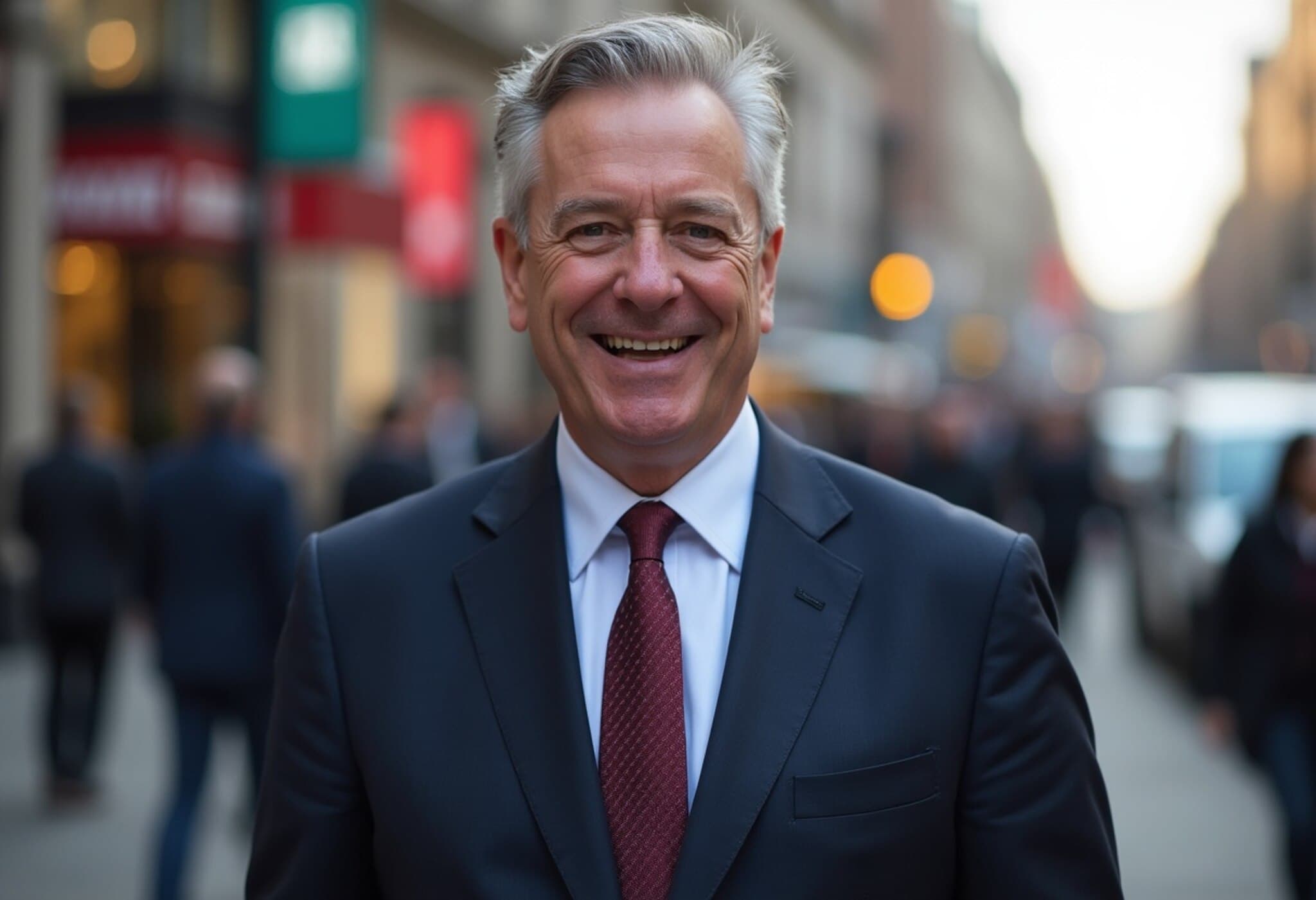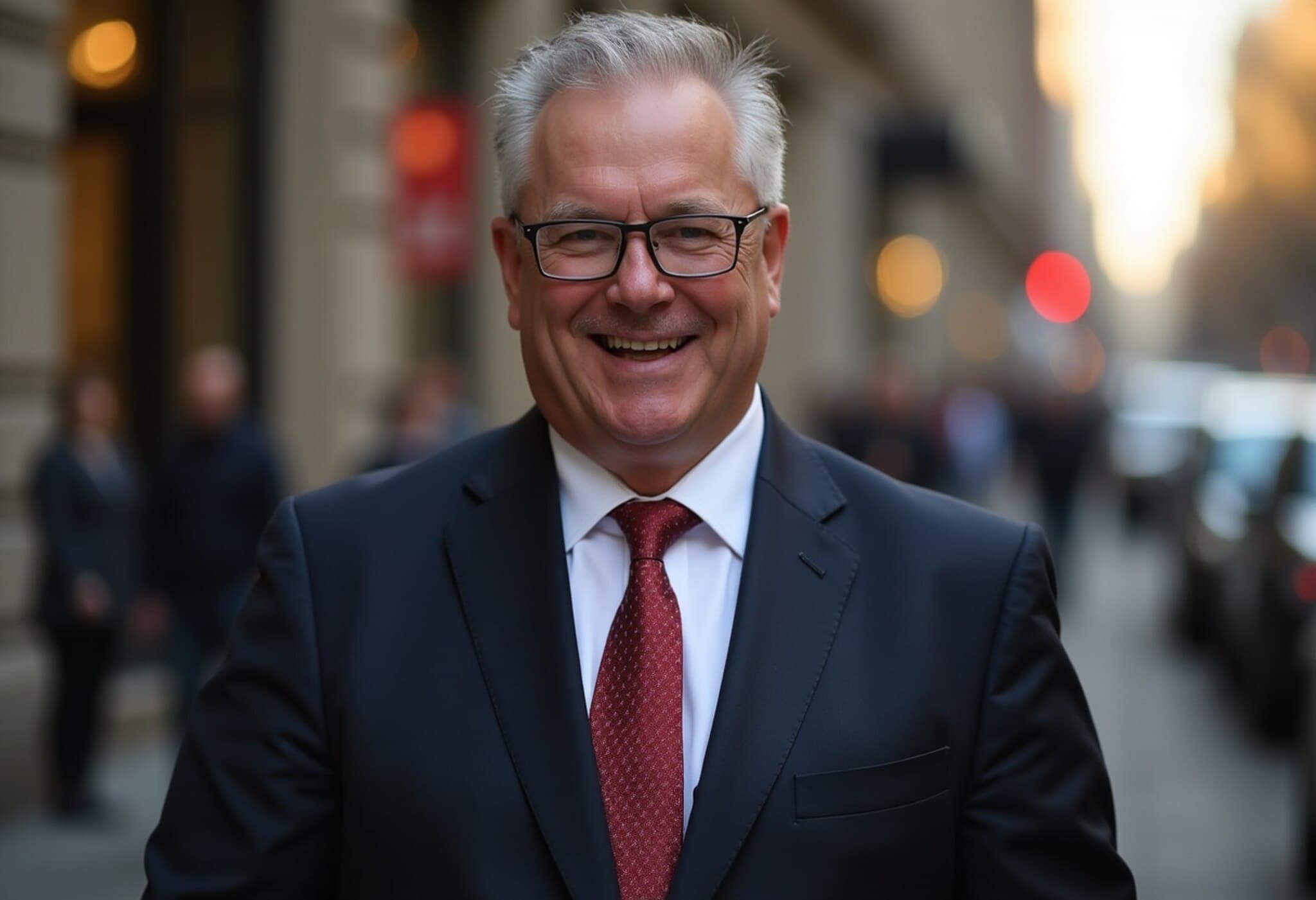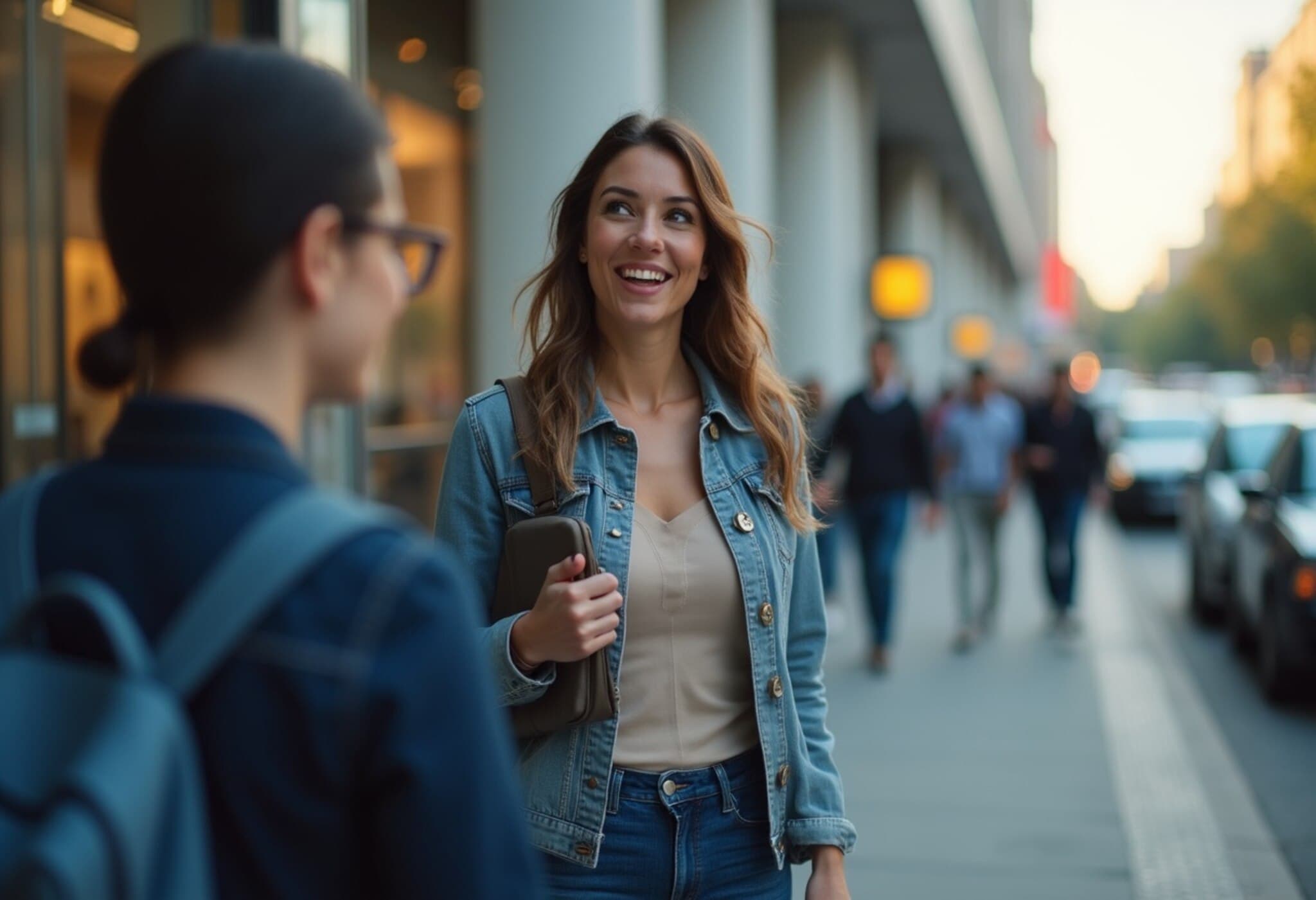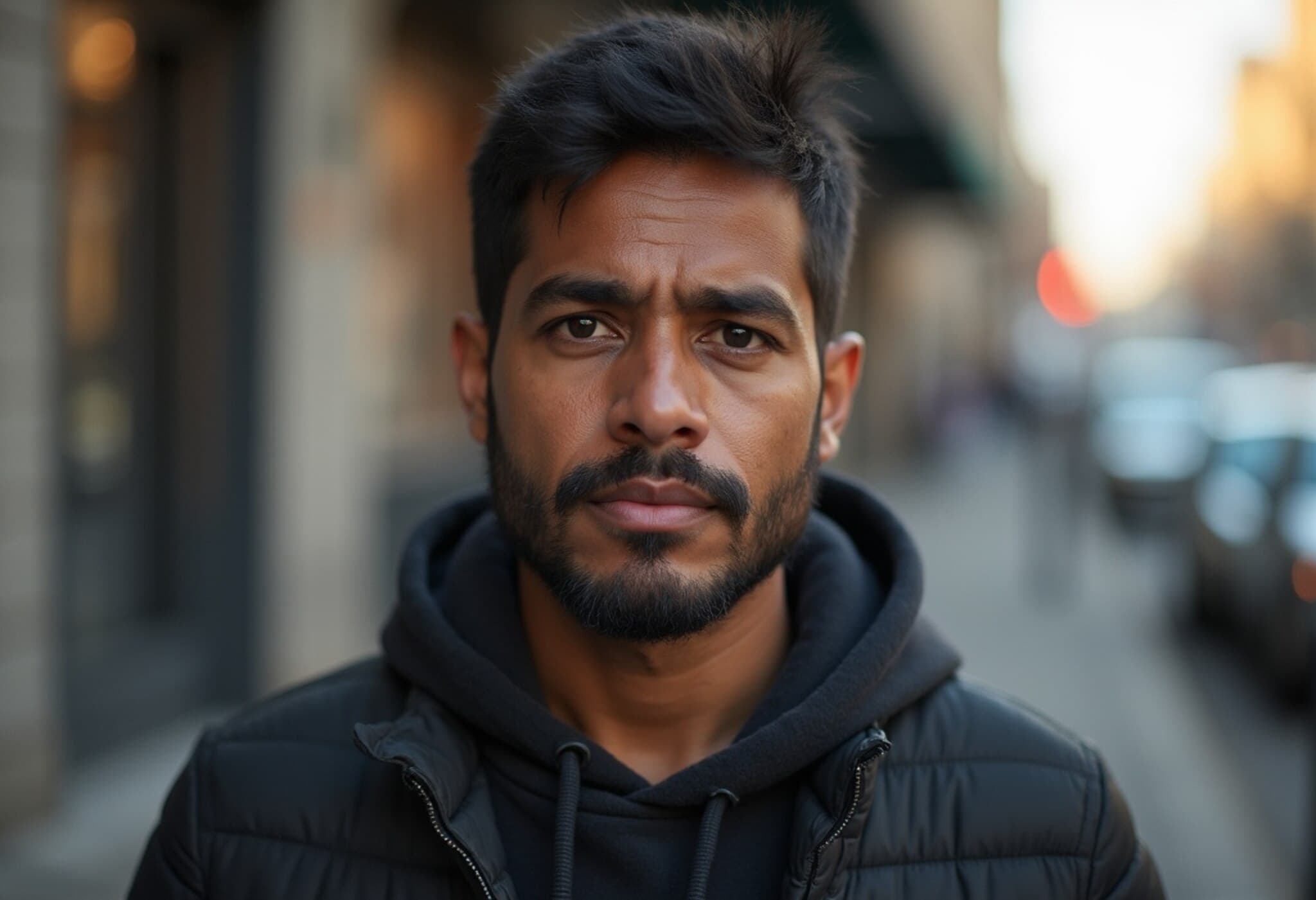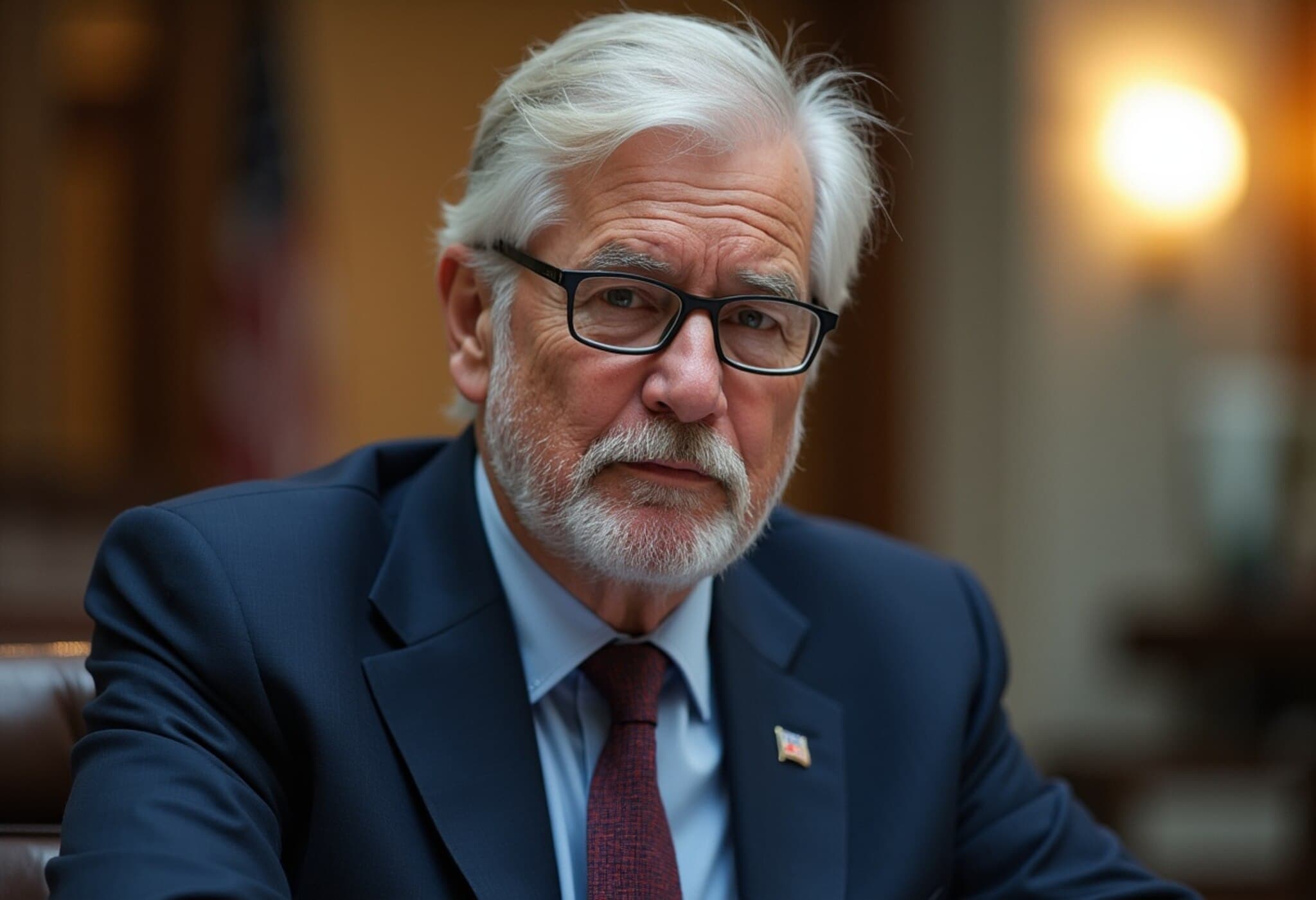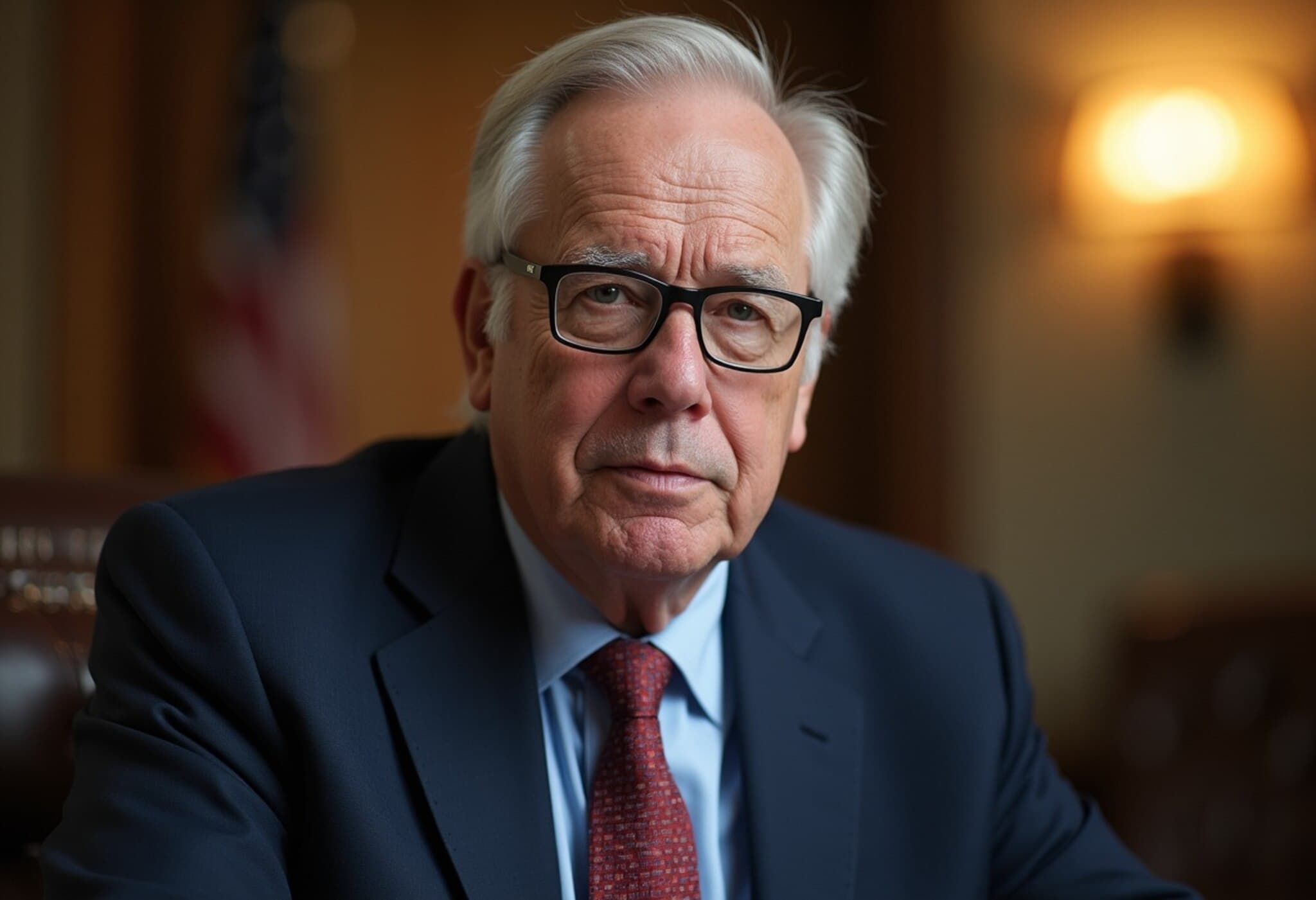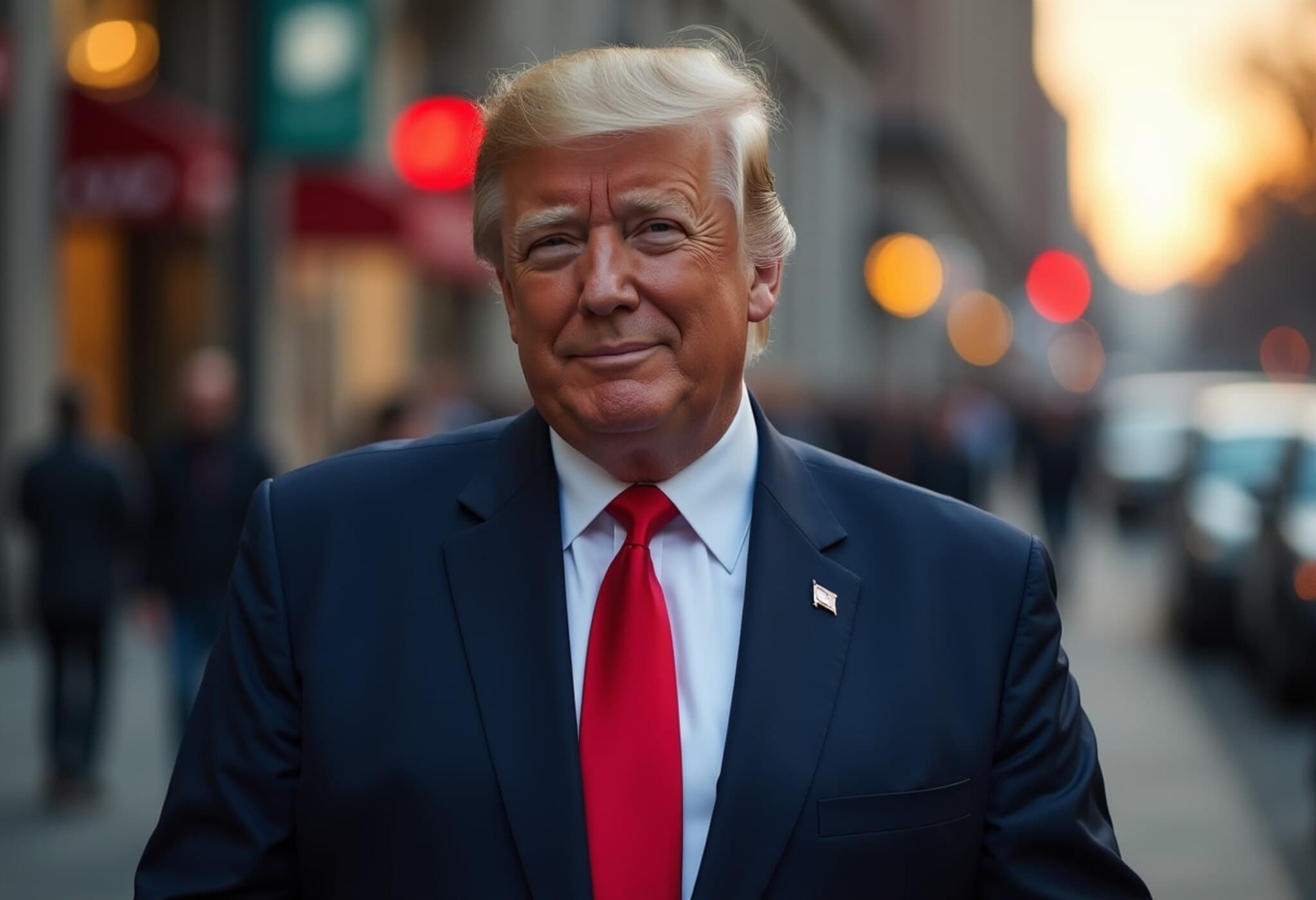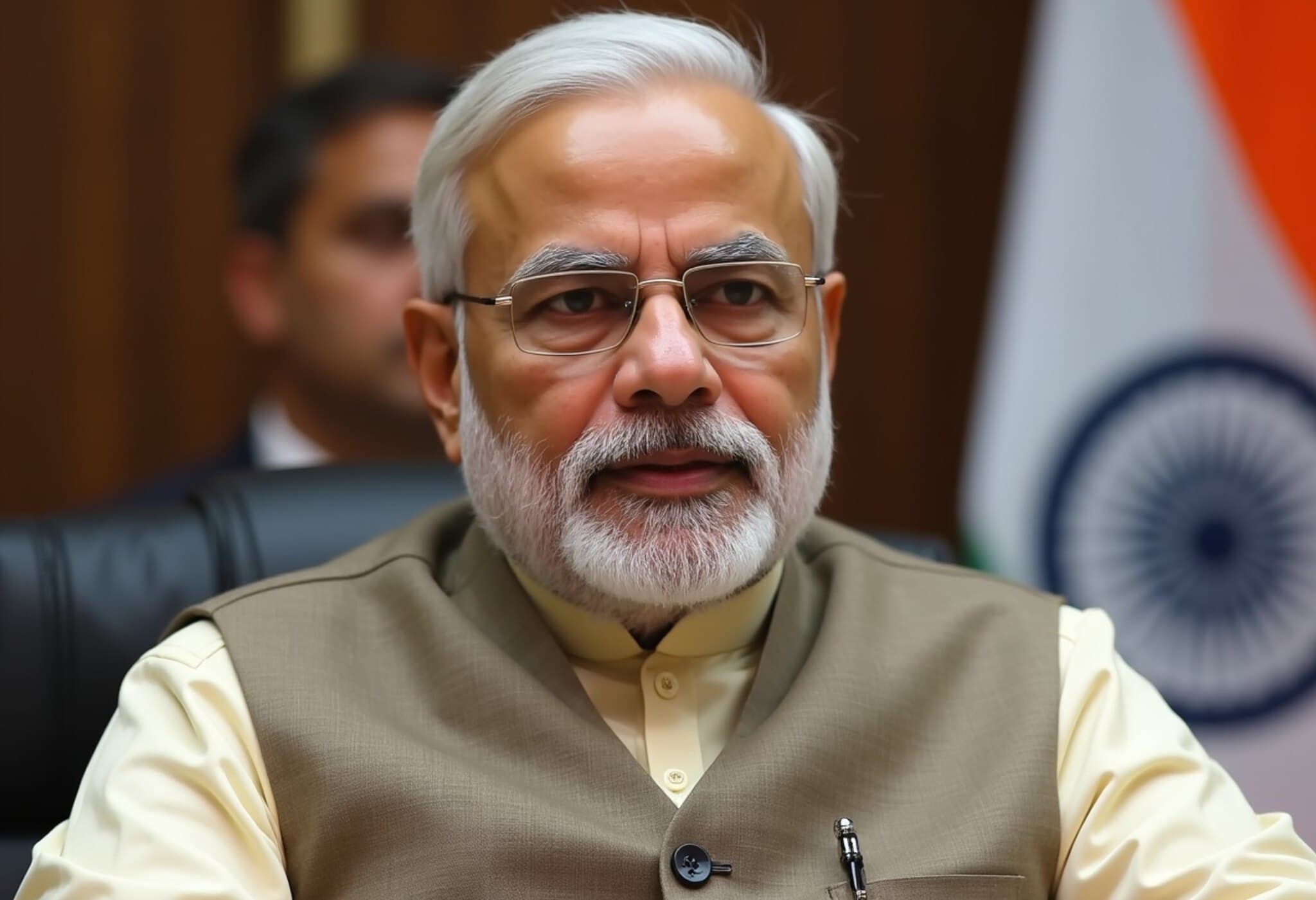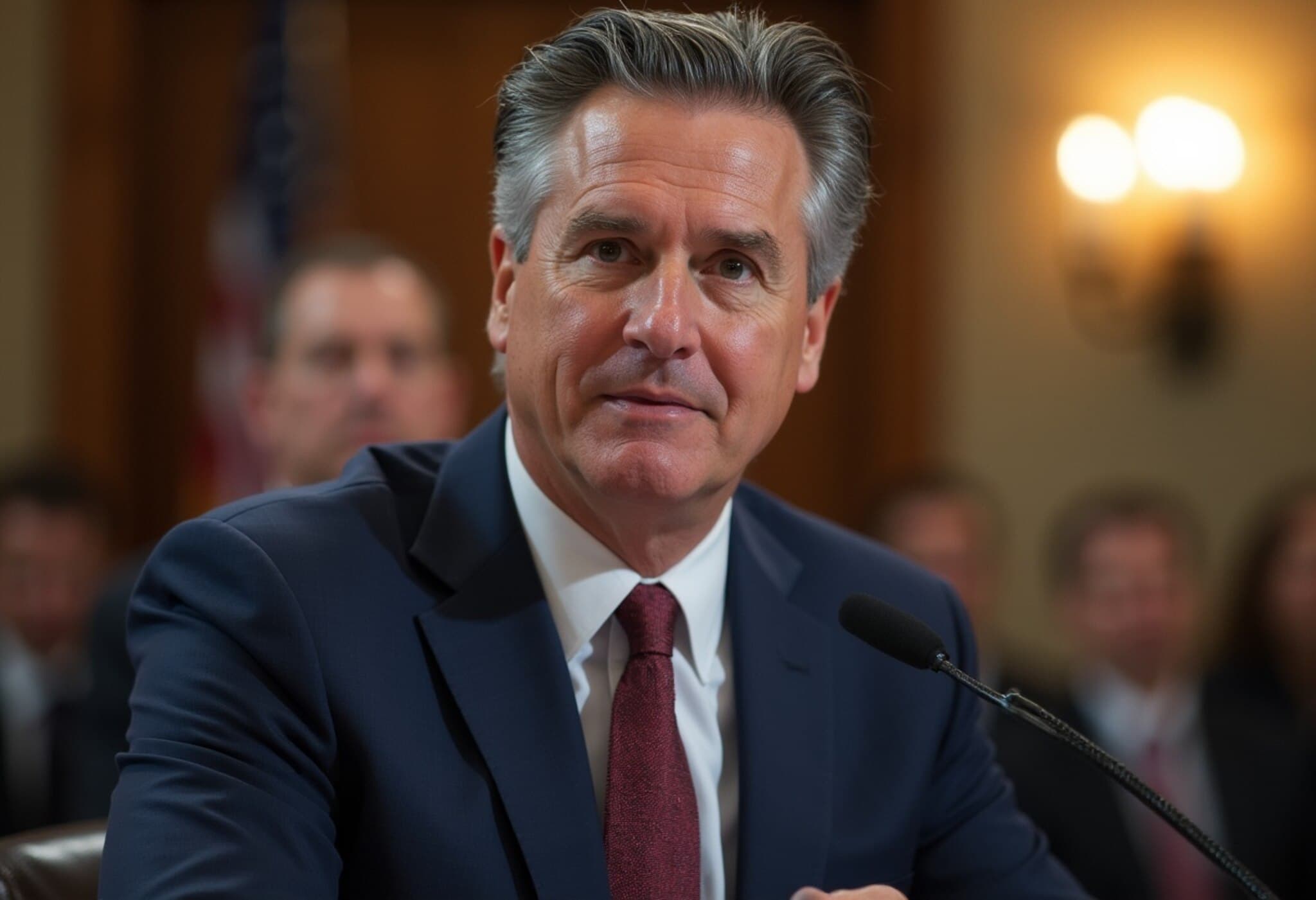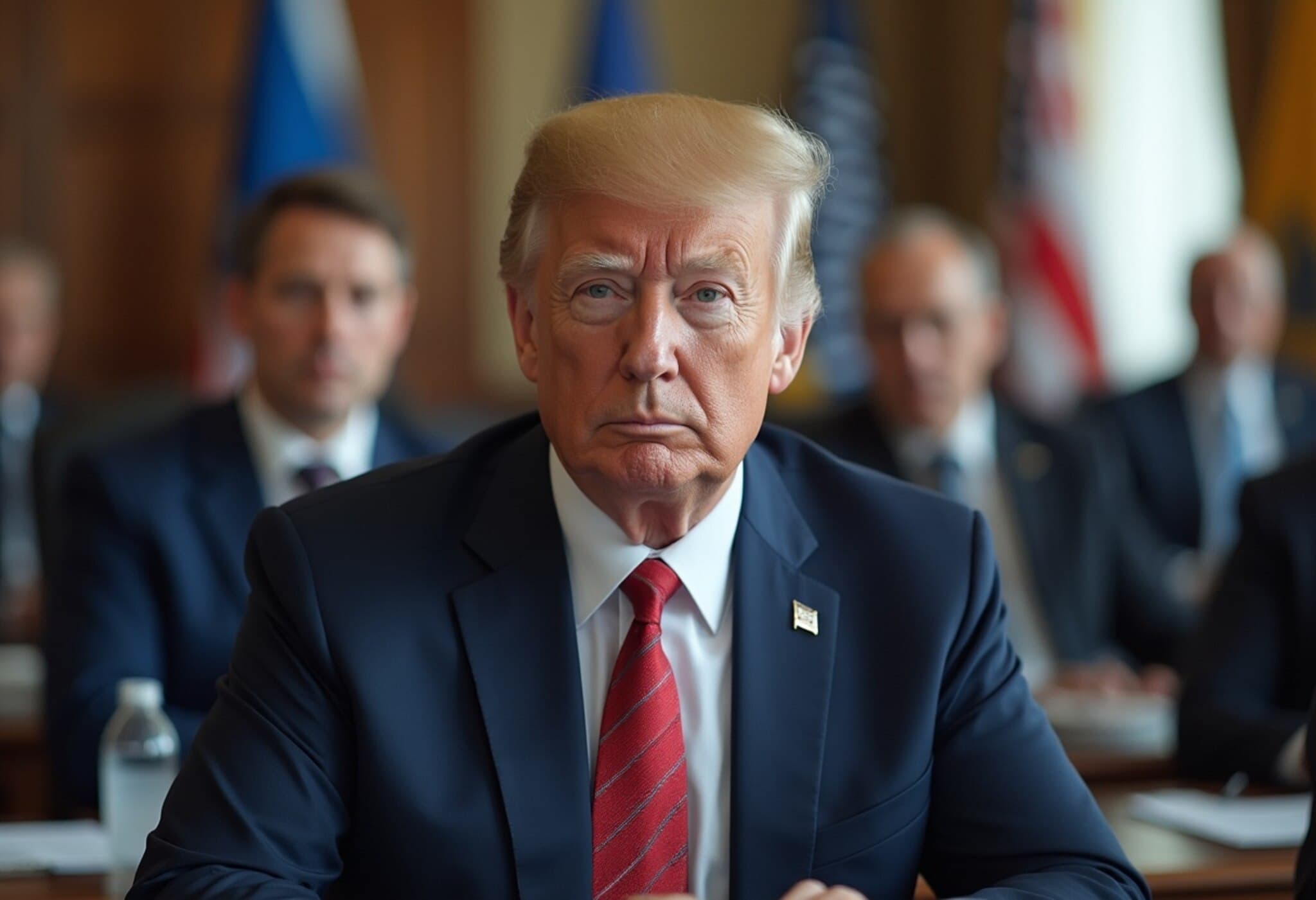US to End Visa 'Dropbox' Renewals Starting September 2025: What This Means for Indian Travelers
In a move that is already sending ripples of concern across the Indian diaspora, the United States has announced it will officially terminate the popular Interview Waiver Programme — commonly known as the 'Dropbox' facility — for most non-immigrant visa renewals beginning September 2, 2025. This facility has long been a convenience allowing thousands of Indian students, professionals, and workers to renew their visas without the need for an in-person interview.
What Was the Dropbox Facility?
For many years, the 'Dropbox' system served as a lifeline for visa applicants with a clean record, enabling them to simply submit their documentation at designated centres rather than endure lengthy and often stressful consular interviews. This streamlined approach particularly eased the path for H-1B workers, students (F and M visas), and other non-immigrant visa holders by saving time and reducing uncertainty.
Why Is the US Ending It?
The change comes under the umbrella of the newly enacted "One Big Beautiful Bill Act," signed into law by President Biden on July 4, 2025. US immigration officials frame this policy shift as an imperative step toward bolstering national security and tightening the visa screening process. However, immigration advocates warn that rather than improving security, this abrupt end to the Dropbox system may exacerbate delays, complicate international travel, and strain US consulates worldwide.
Key Changes to Visa Renewal Procedures
- Interview waivers eliminated: Most non-immigrant visa categories including H-1B, H-4 (dependents), L1 (intra-company transfers), F & M (students), O1 (special talents), and J (exchange visitors) will no longer be eligible for Dropbox renewals.
- Age-based exceptions removed: Previously, children under 14 and seniors over 79 could bypass in-person interviews, but these exceptions are now revoked.
- Diplomatic visas unaffected: Holders of A, G, NATO, and TECRO visas retain eligibility for interview waivers.
- Limited tourist/business visas eligible: Only a small subset of B-1/B-2 visa renewals may still qualify for Dropbox under strict conditions, though consular officers maintain discretion to call applicants for interviews.
Why India Is Significantly Impacted
India is one of the largest users of the Dropbox program internationally, with American consulates in cities like New Delhi, Mumbai, Chennai, Hyderabad, and Kolkata processing thousands of visa renewals monthly. Experts caution that the removal of Dropbox will have several cascading effects:
- Longer_wait_times: Consulates will face increased pressure as every applicant requires a face-to-face interview, exacerbating already long waits which can stretch to months.
- Project and Employment Delays: Companies dependent on H-1B and other skilled visa workers risk critical manpower shortages as visa renewals delay onshore transitions and project deliveries.
- Academic Disruptions: Indian students may face significant uncertainty in visa processing times, jeopardizing timely enrollment and participation in US universities’ programs.
Indeed, the impact is already unfolding: several Dropbox appointments for August and early September 2025 have been canceled and applicants redirected to schedule full consular interviews, triggering early signs of bottlenecks.
Long-Term Implications and Broader Context
This policy pivot reflects a broader shift in US immigration stance, focusing on tighter controls amid global geopolitical and security concerns. However, critics argue it risks alienating a crucial talent and student base that has historically contributed to the US economy and innovation ecosystem. For India, the world's largest source of H-1B workers and international students, this development raises pressing questions:
- How will this influence India’s position as a critical contributor to the US tech and academic sectors?
- Can US consulates expand capacity quickly enough to avoid lengthy backlogs and frustrations?
- What alternative visa policies or bilateral agreements might emerge to ease cross-border labor and educational flows?
Expert Commentary
Dr. Amanpreet Singh, an immigration policy analyst based in Delhi, explains, "While security concerns are valid, abruptly removing a widely used facilitation like Dropbox without scalable alternatives could disrupt normal business and academic activities for months. Effective implementation and communication by US consulates will be paramount to mitigate chaos."
Meanwhile, companies heavily reliant on H-1B talent are advised to anticipate delays in visa processing timelines and consider contingency workforce strategies.
What Should Indian Applicants Do Now?
- Plan Ahead: Because interview slots will fill quickly, start visa renewal applications early.
- Prepare for Interviews: Gather all necessary documentation meticulously and be ready for thorough consular questioning.
- Seek Expert Guidance: Consult immigration attorneys or authorized visa facilitation agencies for updated procedures and timelines.
- Monitor Updates: Stay informed through official US consulate channels and trusted news sources for evolving policies or potential exceptions.
Editor’s Note
The conclusion of the Interview Waiver Programme marks a significant shift in US visa policy that disproportionately impacts Indian travelers — from skilled professionals to eager students. While national security is a legitimate goal, the transition must be managed carefully to avoid unintended chaos and collateral damage to people’s careers, dreams, and lives. This change invites a broader conversation about balancing security priorities with global mobility and economic collaboration, especially between two of the world’s largest democracies.
As we continue to cover this evolving story, Indian applicants and US stakeholders must prepare for a new era where patience, preparedness, and policy adaptability become more critical than ever.
Stay tuned for ongoing updates and expert analysis on this developing visa landscape.



